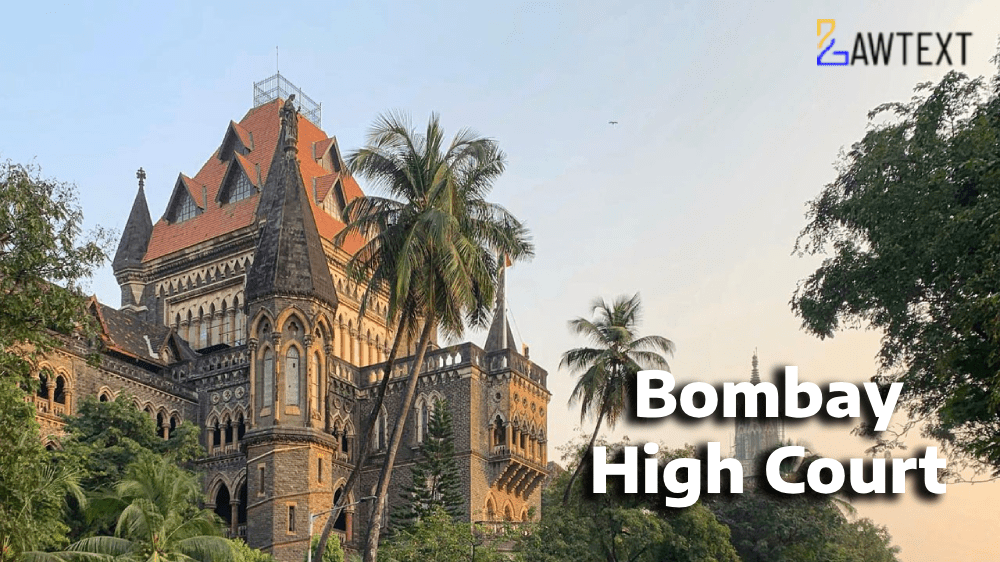

The Bombay High Court, Nagpur Bench, ruled on a property dispute involving the validity of a Will alleged to have been executed by the deceased Govindrao Chimurkar. The plaintiff sought partition of family property, asserting that the Will presented by the second defendant was fabricated. After a detailed examination of the facts and evidence, the Court held that the Will was surrounded by suspicious circumstances and failed to meet the legal requirements for attestation. Consequently, the plaintiff was granted a 1/5th share in the disputed properties.
The case revolves around properties located in Nagpur, owned by the deceased Govindrao Chimurkar, who passed away intestate in 2002. The plaintiff, a legal heir, filed a suit seeking declaration, partition, separate possession, and injunction against the defendants, who claimed that a Will was executed in their favor by the deceased.
Several suspicious circumstances surrounded the Will, including:
The Court emphasized the importance of complying with Section 63 of the Indian Succession Act, 1925, which governs the attestation of Wills. The failure to properly examine both attesting witnesses and the presence of numerous suspicious circumstances led to the conclusion that the Will was not genuine.
The primary ratio of this judgment rests on the principle that a Will must be proved to be free from suspicious circumstances. The Court found that the propounder of the Will failed to remove doubts regarding its validity. The suspicious circumstances, coupled with improper attestation, rendered the Will invalid. Consequently, the plaintiff was entitled to a 1/5th share in the family property.
Dispute over inheritance, validity of Will, and partition of property.
#PropertyDispute #WillValidation #IndianSuccessionAct #InheritanceLaw
Citation: 2024 LawText (BOM) (7) 228
Case Number: APPEAL NO. 628 OF 2018
Date of Decision: 2024-07-22
Case Title: Mr. Kishor S/o Govindrao Chimurkar Versus Mr. Suresh Govindrao Chimurkar
Before Judge: SANJAY A. DESHMUKH, J.
Advocate(s): Mr. U.A. Gosavi, Advocate for Appellant. Mr. S.P. Kshirsagar, Advocate for Respondent.
Appellant: Mr. Kishor S/o Govindrao Chimurkar
Respondent: Mr. Suresh Govindrao Chimurkar